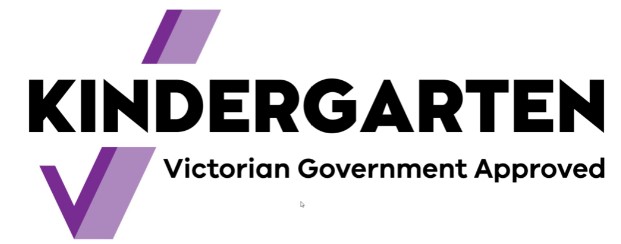The Benefits of Music Education for Kindergarteners
01 June 2023Music education has many benefits for children of all ages but is particularly important for kindergarteners. Kindergarten is a crucial time in a child’s development, and music can play a significant role in helping them learn and grow. Let’s go ahead and explore the benefits of music education for kindergarteners and why it is important to include music in their curriculum.
Enhanced Cognitive Development
Music education can enhance cognitive development in young children. Studies have shown that exposure to music can increase the development of spatial-temporal skills, which are crucial for math and science skills. Additionally, learning music requires children to use both sides of their brains, which can improve their overall cognitive abilities.
Improved Social Skills
Music education can also improve social skills in kindergartners. Learning music in a group setting allows children to work together, communicate, and develop teamwork skills. These skills can help children build relationships with their peers and develop important social skills that will benefit them in all areas of their life.
Increased Confidence and Self-Esteem
Participating in music education can also help to increase confidence and self-esteem in kindergarteners. As children learn to play an instrument or sing, they become more comfortable with their abilities and gain a sense of accomplishment. This can help boost their self-esteem and self-confidence, which will benefit them in all areas of their life.
Improved Language and Literacy Skills
Music education can also improve language and literacy skills in kindergartners. Learning songs and singing along can help children develop their vocabulary, phonemic awareness, and reading skills. Additionally, learning to read music and play an instrument requires children to develop their reading and comprehension skills.
Better Emotional Regulation
Music education can also help kindergarteners regulate their emotions better. Playing music can be a relaxing and calming activity, which can help children manage their emotions and reduce stress. Additionally, learning to play an instrument can provide a healthy outlet for self-expression and creativity, which can improve their emotional well-being.
Improved Memory Retention
Music education can also improve memory retention in kindergarteners. Playing an instrument or singing requires children to memorise notes, rhythms, and lyrics. This can help to improve their working memory and long-term memory retention, which can benefit them in all areas of their academic and personal life.
In conclusion, music education has many benefits for kindergarteners. It can enhance cognitive development, improve social skills, increase confidence and self-esteem, improve language and literacy skills, and help regulate emotions. Including music in the curriculum can positively impact children’s overall development and well-being.
If you’re looking for a purpose-built kindergarten centre in Preston, VIC, consider Gower Street Kindergarten. Our kindergarten centre provides a safe and nurturing environment for children to learn and grow. We run programs for both 3-year-old and 4-year-old children. With us, you can rest assured that your child is in good hands. Visit our website now to learn more about our programmes.

